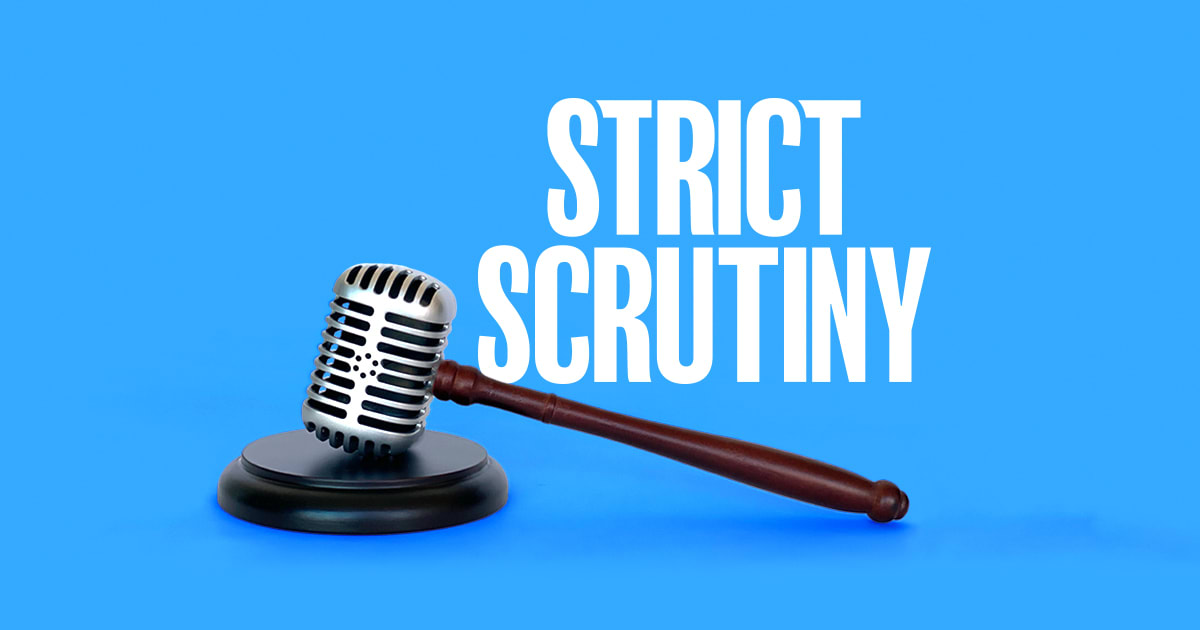False evacuation alerts went out to millions of people during the Los Angeles wildfires earlier this year. However, people who speak a language other than English and Spanish may not have understood what was happening.
Chris Delmas/AFP
hide caption
toggle caption
Chris Delmas/AFP
Two years ago, the Federal Communications Commission unanimously voted to require that wireless emergency alerts reach people in 13 languages and American sign language. Those are the alerts people get during climate disasters such as wildfires and hurricanes, as well as Amber Alerts. As of now, wireless emergency alerts only go out in Spanish and English. Yet, nearly 68 million Americans speak another language other than English at home, according to the U.S. Census Bureau.
But some Democratic Congress members and nonprofits say since the Trump administration came into office, the FCC has delayed sending what’s called a report and order to the Federal Register. That starts a 30-month window for participating wireless providers, such as AT&T and Verizon, to update wireless emergency alerts in the 13 most common spoken languages in the U.S. (Spanish, Chinese, Tagalog, Vietnamese, Arabic, French, Korean, Russian, Haitian German, Creole, German Hindi, Portuguese, Italian and American sign language.)
California Congresswoman Nanette Barragán, a Democrat, says the FCC has already approved this change, which she notes FCC Chairman Brendan Carr backed in 2023.
“So as we go forward with this, I think there’s a lot that we can do to improve this, particularly around accessibility and making sure the system continues to work for everyone, so this item has my support,” Carr said right before the vote happened in April of that year.
Only one step remains: to publish the report and order in the Federal Register. That would require wireless providers such as AT&T and Verizon to install a template in each of the languages.
“ When an emergency alert comes in, people should be able to understand what it says and the instructions are being given on what to do,” Barragán says. “This is about saving lives, it’s about safety.”
It’s unclear why the FCC has delayed updating the wireless emergency alert system.
NPR reached out to FCC Chair Brendan Carr’s office and the agency’s Office of Media Relations for comment multiple times, but did not get a response.
But Barragán and nonprofits, like the AAPI Equity Alliance, point to one executive order signed by President Trump on his inauguration day called “Regulatory Freeze Pending Review” as the reason for the delay. The order prohibits executive departments and agencies from sending reports to the Office of the Federal Register until a designated Trump administration official approves the rule.
“ This is an independent agency,” says Barragán, who represents South Los Angeles. “There shouldn’t even be a requirement that somebody in the Trump White House has to review and approve any kind of action by an independent agency like the FCC.”
NPR reached out multiple times to the White House for comment, but did not receive a response.
FCC Commissioner Anna Gomez — nominated to the body by President Joe Biden — says the commission has adopted other rules and orders that have been published in the Federal Register since Trump took office.
“ So it’s not clear to me why there is a delay in getting this one published,” Gomez says.
When NPR asked if Trump’s Jan. 20 executive order is holding up the process, Gomez says it’s possible. “ It’s past time for the FCC to allow this process to move forward so that more people can receive the critical information they need in a language and format they understand,” she says.
Congress established the Warning Alert And Response Network (WARN) Act in 2006. That gave the FCC the ability to adopt technical standards, protocols and procedures so that mobile providers could send out emergency alerts during climate disasters and Amber Alerts.
The protocols allow federal, state and local governments to use wireless emergency alerts to send warnings to the public through their mobile devices through FEMA-approved software. Once that emergency alert is authenticated and validated, it goes through a distribution channel to wireless providers.
During the wildfires in Los Angeles earlier this year, wireless providers sent out evacuation messages to subscribers as long as they did not opt out of receiving emergency alerts.
However, a UCLA study found that over 12,000 Asian Americans in the four evacuation zones didn’t understand the evacuation alerts they were getting through their mobile providers.
Paul Ong is one of the study’s authors and directs UCLA’s Center for Neighborhood Knowledge. He says having multilingual wireless emergency alerts during the wildfires would have been extremely beneficial to the Asian community in L.A.
“Among Asian Americans, we find a huge diversity in languages,” Ong says. “Even among language groups such as Chinese, you have many, many different dialects.”
The Congressional Hispanic, Asian Pacific American and Black caucuses called on FCC Chair Brendan Carr to publish the report and order to start updating the multilingual wireless emergency alerts in a letter sent on May 26.
“Failing to implement this rule means denying millions of Americans access to potentially life-saving emergency alerts — whether for wildfires, earthquakes, hurricanes, active shooters, or other disasters — in a language that they understand. That is unacceptable,” the tri-caucuses wrote in the letter.
Hotter temperatures are already drying out vegetation in the west — making wildfires more likely. Hurricane season is already underway along the Atlantic coast. That’s why AAPI’s Equity Alliance’s executive director Manjusha Kulkarni hopes the FCC moves forward with implementing its updated emergency alert system.
“The language that any individual speaks really shouldn’t keep them from receiving necessary information to keep their families safe,” Kulkarni says.
